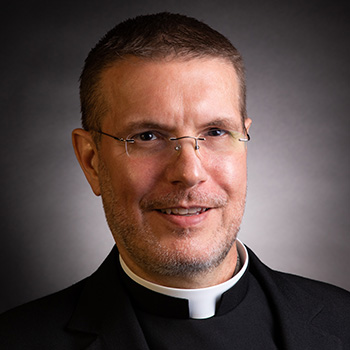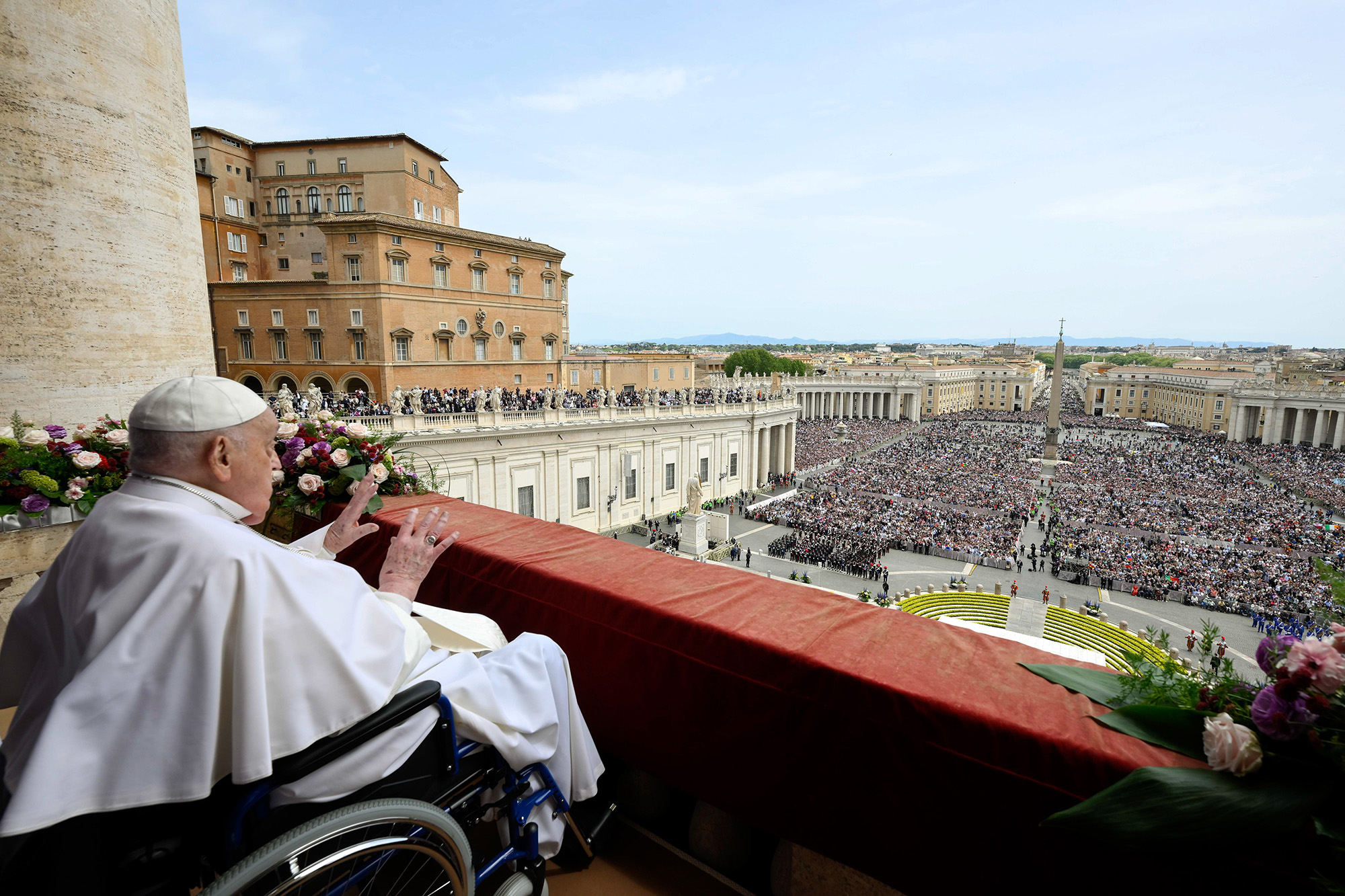DEAR FATHER | As a Church, we have not yet reached a common understanding of Eucharist with other denominations
Why don’t we practice open Communion as a Church? It seems a contradiction to welcome nonCatholic visitors and then exclude them from holy Communion.

Before answering your question, I would like to share with you the announcement my first pastor, Father Denny Schaab, always made at weddings and funerals: “As a Church, we have not yet reached a common understanding of Eucharist with Christians of other denominations. We pray every day for Christian unity and we believe that with God’s help we will get there. In the meantime, if you are not Roman Catholic and would like to come forward to receive a blessing, the sign for that will be placing your hands over your heart.” With that one announcement, Father Denny was able to avoid hurt feelings and let nonCatholics in attendance know they were welcome and valued.
So why don’t we practice open Communion like many other denominations? One reason is our understanding of Eucharist. We believe in transubstantiation, that the bread and wine become the Body and Blood of Jesus at the time of consecration. During the 16th century, Protestant groups rejected that understanding. Some believed that Jesus was spiritually present in the bread and wine and others believed that when they consumed them, Jesus entered their hearts (provided they received with good faith). All Protestant groups rejected the concept of transubstantiation, with some labeling it “idolatrous.” For us, Eucharist should only be received by those who believe in the True Presence and who are in full communion with the Catholic Church (i.e. recognize the papacy and share a common understanding of our doctrine).
We also believe that for Catholics, the reception of Eucharist is not the first encounter with Jesus. Preparation is necessary. Through evangelization, a person makes the decision to follow Jesus. He or she then comes to know the Gospel message that Jesus preached and deepens his or her relationship with the faith community. There is also a time of repentance, of clearing away those obstacles that stand in the way of union with Christ. Only then is a person ready to receive Eucharist as it is meant to be received. This practice dates back to the early Church and continues today both in Christian initation programs and in the preparation of children for First Communion.
As Father Schaab said, we should always pray for Christian unity. We can also work for it by developing close friendships with our fellow Christians, collaborating with them in ministry and sharing prayer and worship on a regular basis. The more we do that, the closer we will get to the unity for which Jesus prayed, a unity that includes the sharing of His Body and Blood.
Father Scott Jones is the episcopal vicar for the Northern Vicariate of the Archdiocese of St. Louis.




